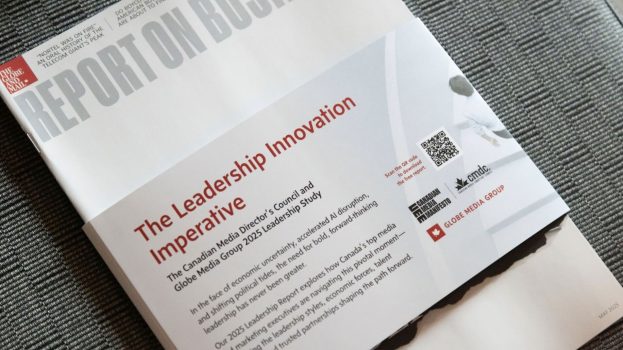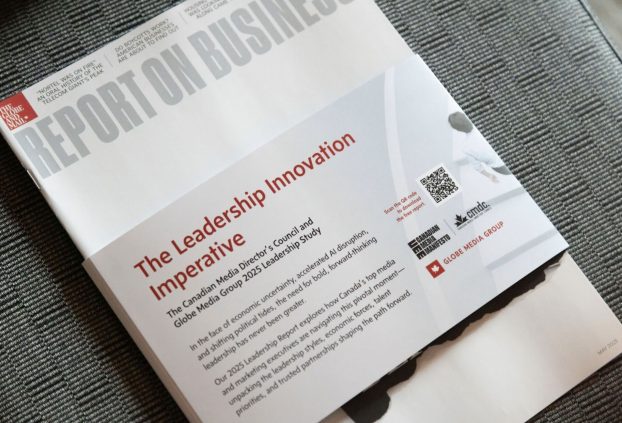Sometimes even Apple gets it wrong. Or does it? Wired magazine recently handslapped the beloved computer company for suing its own enamoured fans, like 19-year-old Nick Ciarelli, who runs an online forum called ‘Think Secret’ that tips enthusiasts about upcoming product releases. Ciarelli predicted the unveiling of the Mac mini, the iPod Shuffle and the iLife ’05 with GarageBand2 – and was handed a 19-page lawsuit for his clairvoyance.
The Wired piece, ‘Think Belligerent,’ not only slams Steve Jobs for being a control freak, it also speculates that his decision to go after three amateur Mac-obsessed sites was a well-orchestrated PR stunt. The publication’s theory? Ciarelli’s predictions were too accurate. They sparked media attention. Then Jobs’ litigious reaction got ink. And finally so did the official product debut announcements. (And now, the debate ensues in print.)
Even if Apple devised a brilliant PR campaign, Wired is pissed at the brand for going after the little guy. Its conclusion? That taglines such as ‘Life is Random’ and ‘Enjoy Uncertainty’ are purely marketing slogans – and not words that Apple lives by. Ouch.
When I was researching the story ‘This is A Hijack,’ which begins on page 10, pundits admitted they were at a loss to explain Apple’s behaviour. Andrew Potter, co-author of The Rebel Sell, points out the hypocrisy: While the company has assembled an image around counterculture, one that suggests it values freedom, it keeps a tight leash on its brand. Jeff Roach, managing director of Toronto youth consultancy Youthography, says the Wired article could instigate a backlash among Apple supporters.
But then again, maybe because consumers are so head over heels for the firm (even Ciarelli admitted to Wired that he still loves Apple products), it is resilient enough to survive any fallout. In his book Brand Hijack, author Alex Wipperfürth explains that the strength of the Apple brand lies in the fact that from the outset its marketing stance went way beyond promoting an individual benefit; it has always advocated a world view that has been embraced by its followers.
Wherever Apple lands, there’s no denying this incident is emblematic of a drastic shift. One where the consumer has been able to find his/her public voice, thanks to the emergence of alternative media like blogs, pods and vlogs. Even more disturbing to the conservative brand manager is the notion that the individual feels s/he has earned the right to take ownership
of the brand.
Which begs the question: What will you do when your customer starts spewing off about yours in the public domain? Unless your brand has the above average hardiness of an Apple or a Red Bull, it’s probably not a good idea to lash out. (See ‘The Serendipitous Hijack’ on page 11, to find out why.)
The consumer is in control and it isn’t going away. Leading marketers realize this and view the change in power as an opportunity, not a calamity. Why? Because resistance is futile. So roll with it.
Lisa D’Innocenzo, Editor























